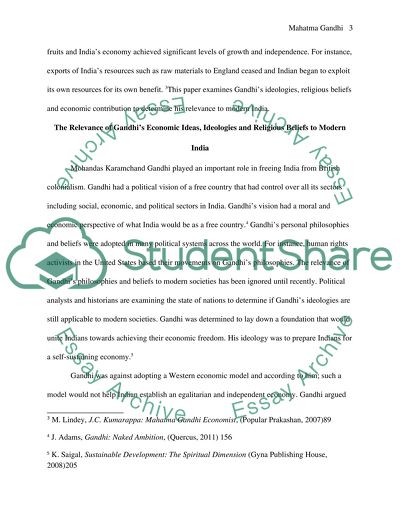Cite this document
(“What Is Mohandas Mahatma Gandhi's Relevance on Economy, Ideology and Dissertation”, n.d.)
Retrieved from https://studentshare.org/history/1396705-what-is-mohandas-mahatma-gandhi-s-relevance-on
Retrieved from https://studentshare.org/history/1396705-what-is-mohandas-mahatma-gandhi-s-relevance-on
(What Is Mohandas Mahatma Gandhi'S Relevance on Economy, Ideology and Dissertation)
https://studentshare.org/history/1396705-what-is-mohandas-mahatma-gandhi-s-relevance-on.
https://studentshare.org/history/1396705-what-is-mohandas-mahatma-gandhi-s-relevance-on.
“What Is Mohandas Mahatma Gandhi'S Relevance on Economy, Ideology and Dissertation”, n.d. https://studentshare.org/history/1396705-what-is-mohandas-mahatma-gandhi-s-relevance-on.


